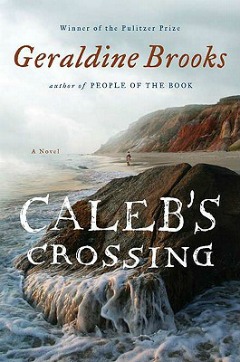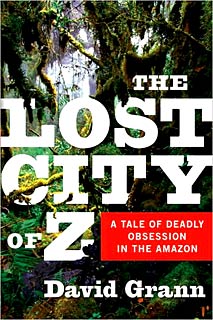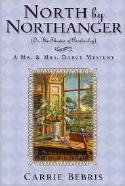This review contains affiliate links, which earn me a small commission when you click and purchase, at no extra cost to you. Thank you for supporting my small business and allowing me to continue providing you a reliable resource for clean book ratings.
It’s the 1660s, on what is now known as Martha’s Vineyard. A small group of Puritan settlers lives there, and Bethia’s father is the minister. He is determined not only to lead the English in the ways of the Lord, but to convert the heathen “savages” to the Truth. As a girl, Bethia is consigned to a life of labor, even though she longs to be more like her brother Makepeace and study languages and scripture. She is educated to a degree: her father teaches her how to read and write, though after a while he discourages anything further. She isn’t content, though, and wanders the island rather than attending to her chores. In doing so, she meets a Wampanoag boy whom she comes to call Caleb. They develop a bond — not a romantic one — and the book follows their relationship as Caleb comes to live with Bethia’s family and then goes across to the mainland to attend school — first a primer school, and then Harvard, the first Native American to do so. Bethia follows him, at first working in the school and then working in the buttery at Harvard, so her life is expanded beyond her beloved island, for both good and ill.
The book is named after Caleb, but it’s really about Bethia and the whole Puritan culture; Brooks has certainly done her research about the time period. The book is in the form of Bethia’s journal, of sorts (it’s not a daily one), and so not only do the characters put forth ideas and thoughts about the time period — somewhat refreshingly, Bethia is the only remotely modern one of the bunch — but Brooks keeps up the pretense even down to the spelling of certain words. Because it’s a series of Bethia’s reflections and memories, the book is incredibly slow. It’s not a book for the plot-driven or even the character-driven. The only character we get to know in any depth is Bethia herself; because most of the other main characters are men, we’re only allowed to get to know them peripherally, as per the Puritan custom. In many ways, the book was interesting for that: because Brooks did her research, she was able to fully immerse herself in that time, and it came through in the writing.
However, because I wasn’t terribly interested in the plot, while I found the anthropological look at the Puritans interesting — I did finish the book after all — it wasn’t enough for me to be completely riveted by the book. That said, Brooks is a talented writer, and this one isn’t a complete waste of time.
Rated: Mild, because it didn’t quite feel like a none. (One instance of swearing, no sex, some brutality, and mature themes.)
Click here to purchase your copy of Caleb’s Crossing on Amazon.




